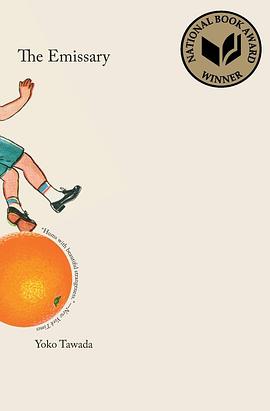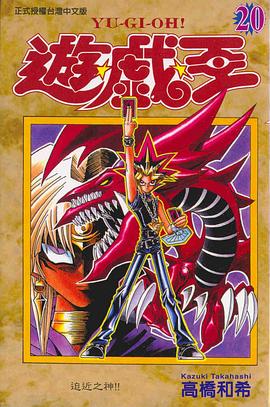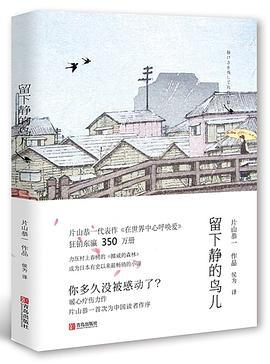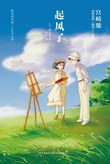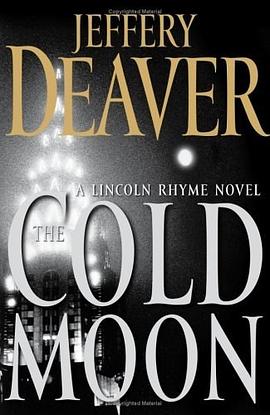The Emissary
内容简介
Japan, after suffering from a massive irreparable disaster, cuts itself off from the world. Children are so weak they can barely stand or walk: the only people with any get-go are the elderly. Mumei lives with his grandfather Yoshiro, who worries about him constantly. They carry on a day-to-day routine in what could be viewed as a post-Fukushima time, with all the children born ancient―frail and gray-haired, yet incredibly compassionate and wise. Mumei may be enfeebled and feverish, but he is a beacon of hope, full of wit and free of self-pity and pessimism. Yoshiro concentrates on nourishing Mumei, a strangely wonderful boy who offers “the beauty of the time that is yet to come.”
A delightful, irrepressibly funny book, The Emissary is filled with light. Yoko Tawada, deftly turning inside-out “the curse,” defies gravity and creates a playful joyous novel out of a dystopian one, with a legerdemain uniquely her own.
......(更多)
作者简介
多和田葉子(Tawada Yoko)
1960年出生於日本東京,小說家、詩人。日本早稻田大學第一文學部畢業。修滿德國漢堡大學碩士課程。1982年起移居德國,開始從事日語、德語雙語作品之創作。1991年以《かかとを亡くして》(丟失了鞋跟)一作,獲得日本第34屆群像新人文學獎。1993年以《犬婿入り》(入贅的狗女婿)一作,獲得日本純文學大獎第108屆芥川文學大獎的殊榮。1996年因從事德語文學創作,而獲頒德國沙米索文學獎(Adelbert-von-Chamisso-Preis)。2000年以《ヒナギクのお茶の場合》(雛菊茶)一作,獲得日本第28屆泉鏡花文學獎。同年取得德國的永久居留權。也修滿瑞士蘇黎世大學博士課程同樣。2011年以《雪の練習生》(雪的見習生)一作,獲得日本第64屆野間文藝獎。2013年以《雲をつかむ話》(無厘頭的話)一作,獲得日本第64屆讀賣文學獎。
......(更多)
目录
......(更多)
读书文摘
猫: 哺乳类的选择项太少了。要么给人当宠物,要么像老鼠似的活在阴沟里,再不然就是熊猫那样一边被爱,一边灭绝。
......(更多)
